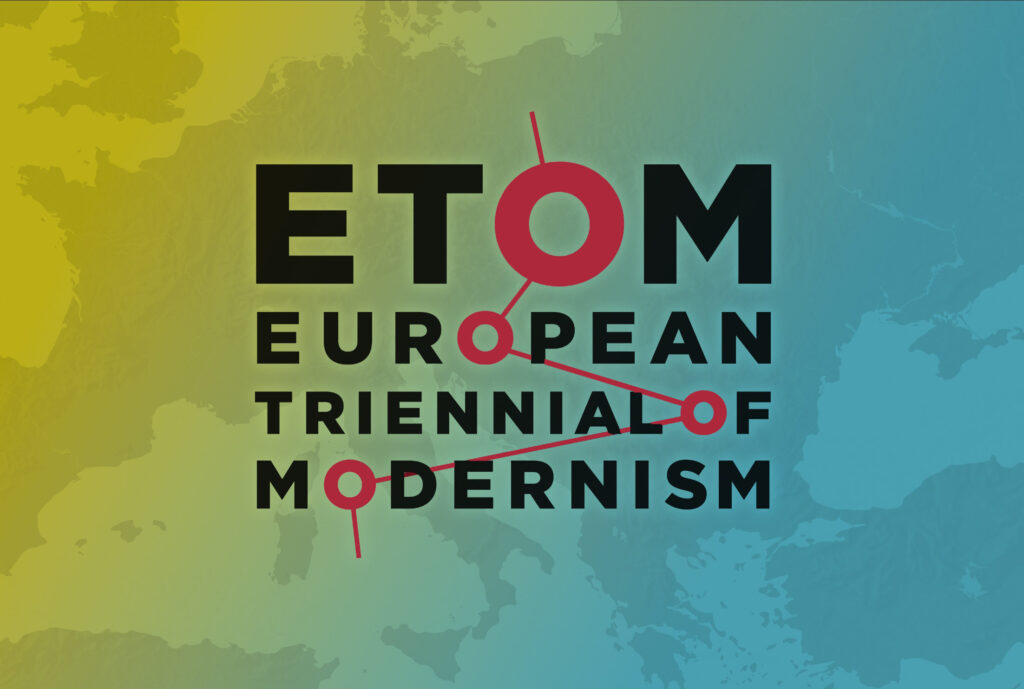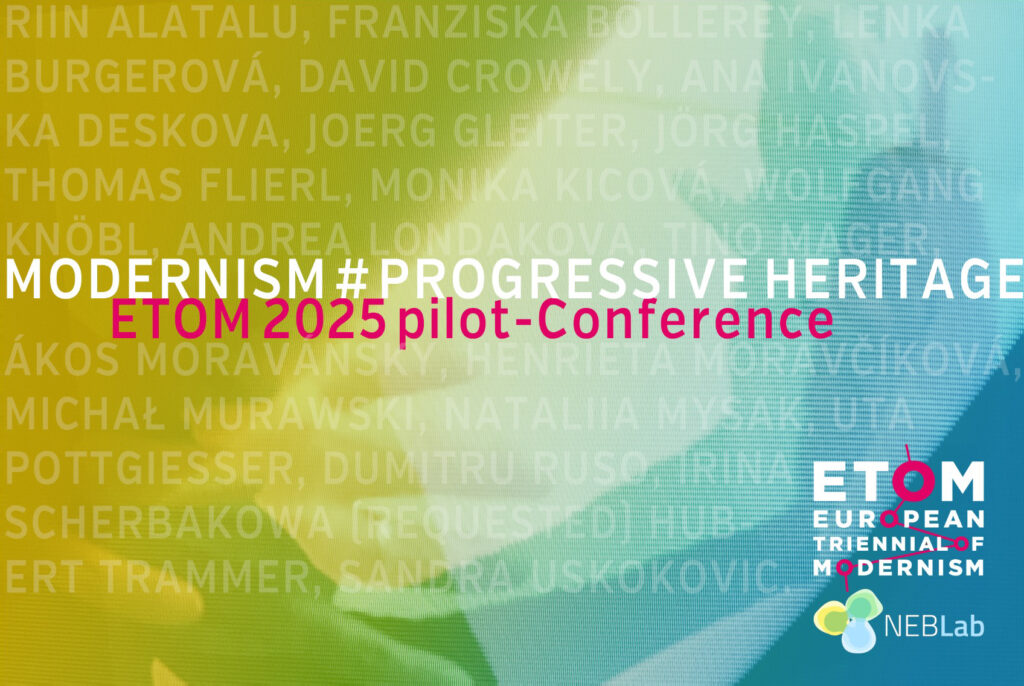ETOM 2025 pilot-Conference
Modernism#progressiveheritage
Overview of speakers and panelists at the International conference „Modernism # Progressive Heritage“ on 28th and 29th November 2025, presented by the „ETOM NEB Lab“ within the framework of the „NEB – New European Bauhaus“, featured by DOCOMOMO international and ICOMOS international.
Overview of participants
Biographies and Curriculum Vitae
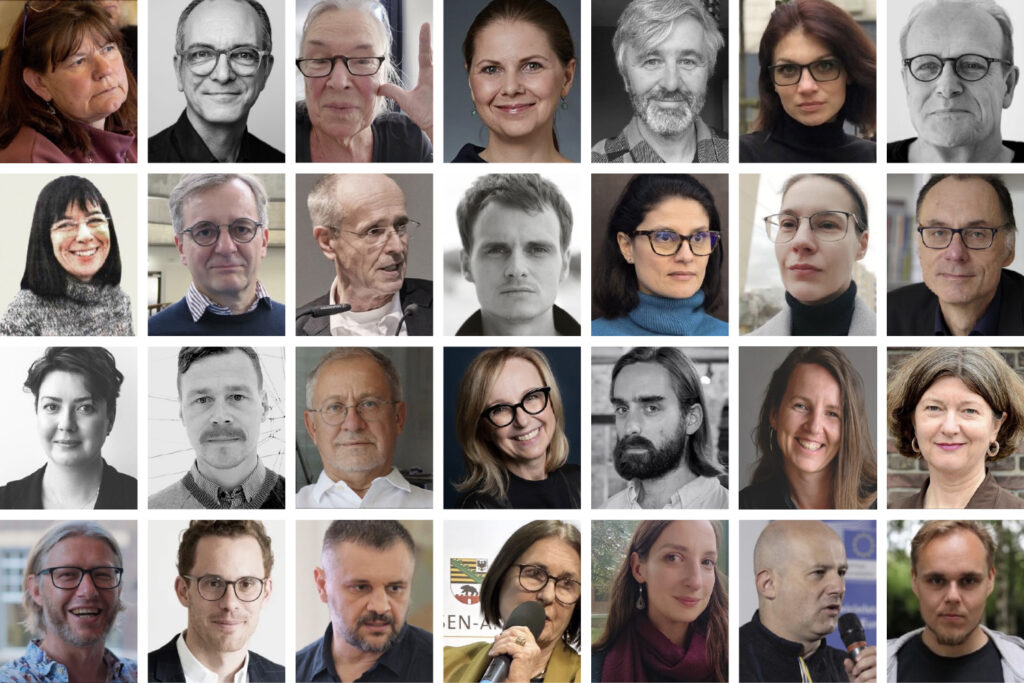
Speakers, Panelists, Moderators and Participants
(in alphabetical order)
Riin Alatalu, Franziska Bollerey, Lenka Burgerová, David Crowely, Ana Ivanovska Deskova, Kateryna Didenko, Jasna Galjer, Joerg Gleiter, Jörg Haspel, Thomas Flierl, Monika Kicová, Wolfgang Knöbl, Andrea Londakova, Tino Mager, Ákos Moravánsky, Henrieta Moravčíková, Michał Murawski, Nataliia Mysak, Mária Novotná, Uta Pottgiesser, Wido Quist, Christoph Rauhut Dumitru Rusu, Irina Scherbakowa, Hubert Trammer
Moderators: Robert K. Huber, Ben Buschfeld, Barbara Szij
Technical Head: Peter Winter
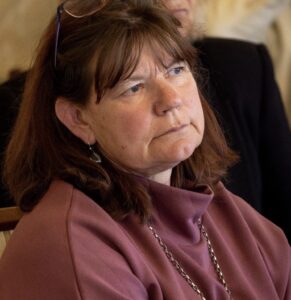
Alatalu, Riin: Vice-President of ICOMOS; Associate professor of cultural heritage and conservation in Estonian Academy of Arts; UNESCO Chair in Heritage Studies in Estonian Academy of Arts; vice-chairperson of Estonian Heritage Conservation Council; member of ICOMOS University Forum, Rights-Based Approaches working group, CIVVIH, ICLAFI and ISC20C.
Alatalu has worked in the National Heritage Board, Tallinn Culture and Heritage Department and Estonian Ministry of Culture in leading positions. She was a member of Estonian delegation to the World Heritage Committee in 2009-2013 and is teaching subjects on UNESCO policies since. Alatalu has run several campaigns including Estonian National Cultural Heritage Year in 2013, European Cultural Heritage Days, Visit Baltic Manors and other awareness raising activities. She has initiated cooperation with decision makers and wider audience, including nature protection authorities, municipalities and local communities. She has participated in several research projects on history of conservation, vernacular architecture, manors, 20th century and dissonant heritage. She is the author and co-author of several books and numerous articles both on academic and popular level.
PhD: Heritage in Transitional Society from Nation’s Conscience in the Estonian SSR into the Harasser of the Private Owner in the Republic of Estonia, 2012.
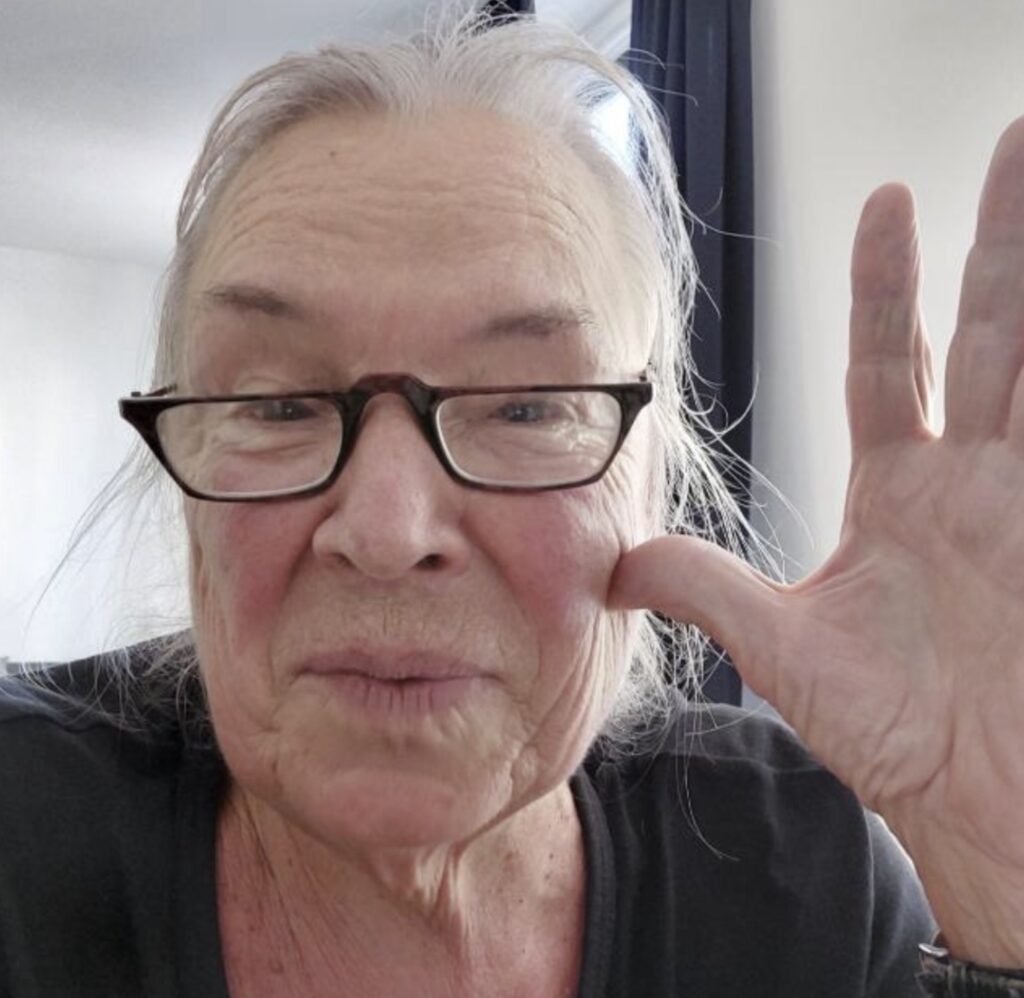
Bollerey, Franziska: Emeritus Professor of History of Architecture and Urbanism at the Faculty of Architecture at Delft University of Technology. She is Director of the Institute of History of Art, Architecture and Urbanism (IHAAU). Her areas of expertise are utopian concepts, metropolises and the 1920s. She is involved in various committees, has held visiting professorships at various universities worldwide and has published numerous books and articles. Until the end of 2013, she was head of the scientific advisory board of the Bauhaus Dessau Foundation.
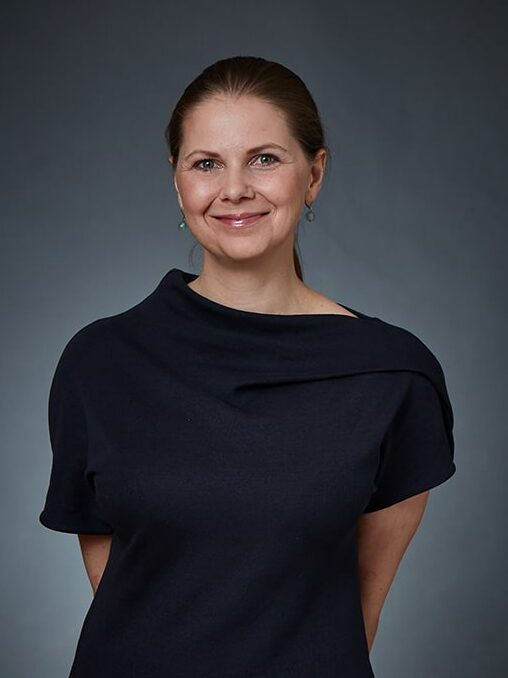
Burgerova, Lenka: PhDr. PhDr. Ing. Arch.Lenka Burgerova, Ph.D., born 1977, is an urbanist and social-economic historian, currently Head of the Department of Urbanism at the Faculty of Architecture and Art,Technical University of Liberec and Assistant professor at the Faculty of Architecture, Czech Technical University Prague. She teaches the City development, Systems of urban planning, Urbanism and other urbanism-related lectures. Previously worked as urbanist for the National Monuments Institute in Ústí nad Labem, focusing on large scale projects.
Burgerova did her master in Architecture and Urbanism at the Faculty of Architecture TU Brno and her master and Ph.D. at the Faculty of Arts, Institute of Economic and Social History at the Charles University in Prague. She was on the jury of a number of important architectural and urban planning competitions e.g. Florenc 21, New philharmonic hall for Prague, the New Center Hostivař residental district, the new residential district in Tábor, New town hall for Prague 7, Park U vody etc.
Lenka Burgerova is 10 years active in local politics (as independent candidate), currently in Prague 7 city district with development of Urban Planning, Architecture and Public Space and citizen participation under MA21 agenda falling within her authority. She is in charge of supervising new development projects in Prague 7, and manages projects of the Prague 7 district. She works e.g. for creation of a park alongside Vltava river banks, opening of a 100 hectars large development zone in Bubny – Zatory location and projects to improve public space (planting trees, coordination of technical infrastructure networks, safety of movement especially for pedestrians and people with special needs). She is involved in several non-profit projects dedicated to the promotion and preservation of architectural and artistic heritage in her free time.
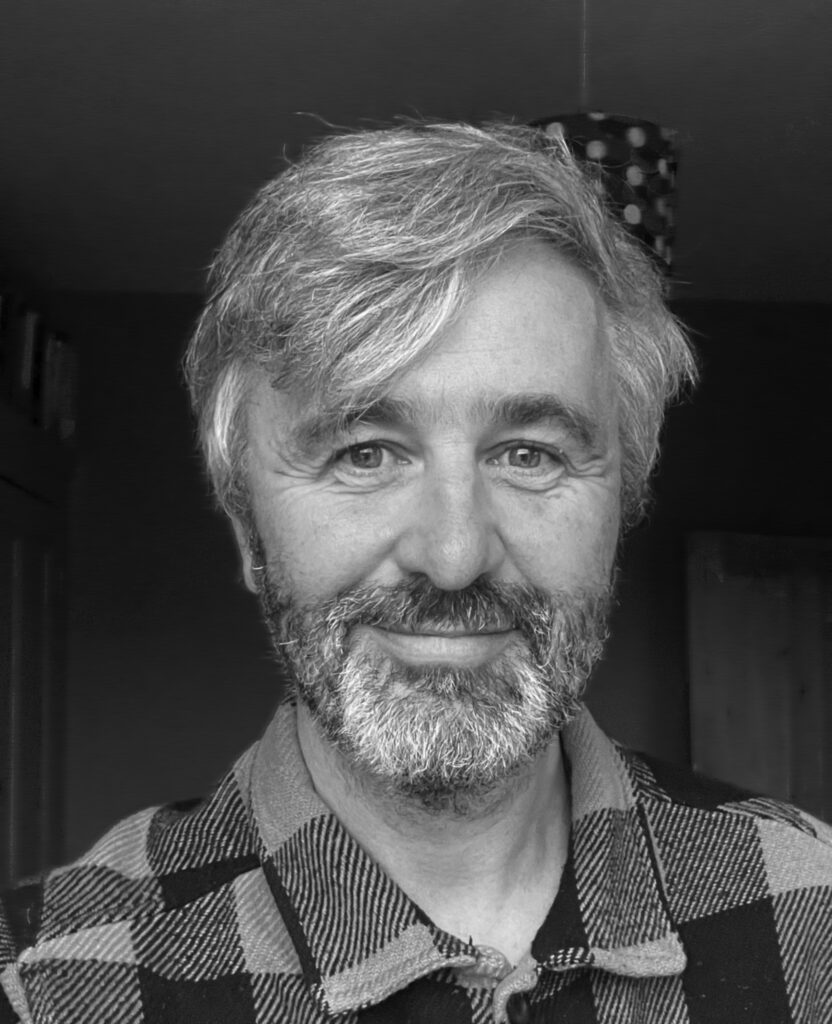
Crowley, David: teaches at the National College of Art and Design, Dublin. He is a historian and curator with an interest in Eastern Europe under communist rule. He has curated numerous exhibitions, including Cold War Modern at the Victoria and Albert Museum, London, in 2008–09 (cocurated with Jane Pavitt). His current exhibition, Edita Schubert: Profusion, opens at Muzeum Susch, Switzerland in December 2025.
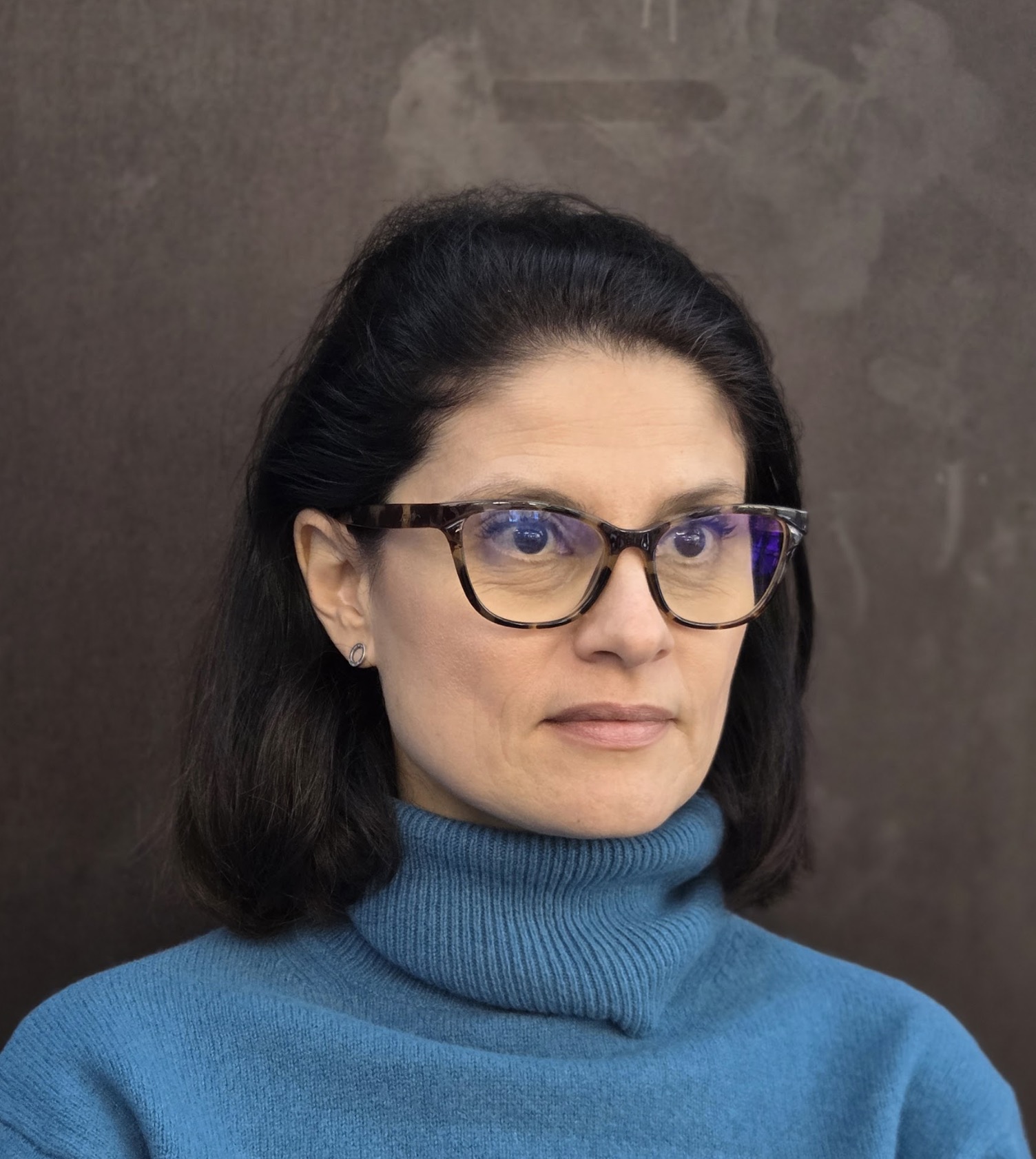
Ivanovska Deskova, Ana: Dr. Ana Ivanovska Deskova is a Professor in the Department for Protection of Cultural Heritage, History of Architecture, and Art at the Faculty of Architecture, Ss. Cyril and Methodius University in Skopje. She teaches courses on the History of Modern Architecture as well as on the protection and rehabilitation of cultural heritage. Her primary research interest is modern architecture in Skopje, with particular emphasis on the city’s reconstruction after the 1963 earthquake.
Her research has resulted in numerous projects and exhibitions on architecture. These include the Atlas of Macedonian Modern Architecture (Youth Cultural Center, Skopje, 2022) and The Role of Women Architects in the Post-Earthquake Renewal of Skopje (Museum of North Macedonia, Skopje, 2022). The latter exhibition was also presented at the Macedonian Cultural Center in New York in 2025 and is currently on display in Berlin at the BHROX Pavilion. Another significant research-based exhibition is Future as a Project – Doxiadis in Skopje, shown in 2018 at the Benaki Museum in Athens and later in Thessaloniki in 2025. Additional notable exhibitions include Skopje – Architecture in the Macedonian Context (Ringturm Gallery, Vienna, 2017) and Constructing a Modernist Utopia: The Architecture of the Post-Earthquake Renewal of Skopje, 1963–1981 (Gallery MC, New York, 2017).In 2008 and 2014, she was one of the authors of the Macedonian National Pavilion at the Venice Architecture Biennale. From 2016 to 2018, she was a member of the curatorial advisory board for the Museum of Modern Art in New York for the exhibition Toward a Concrete Utopia: Architecture in Yugoslavia, 1948–1980 (2018).
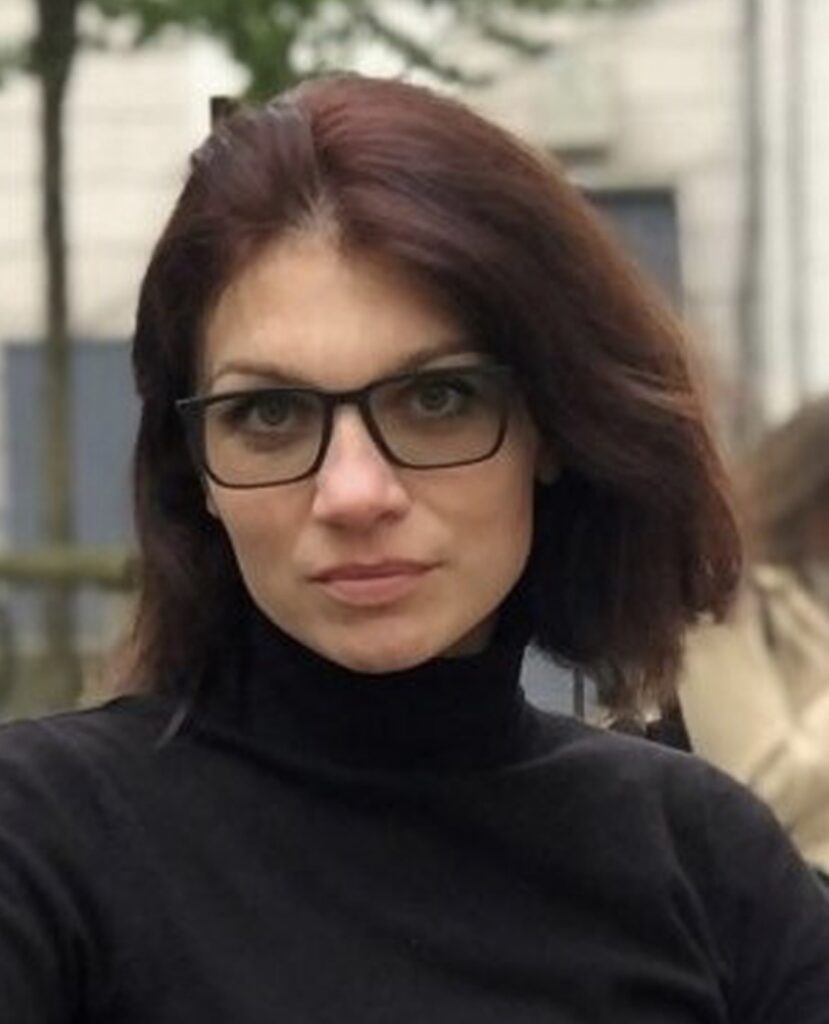
Didenko, Kateryna: is an architect and researcher with a PhD in Architecture, Associate Professor and Senior Research Fellow at VILNIUS TECH (Lithuania), and Associate Professor at O.M. Beketov National University of Urban Economy in Kharkiv (Ukraine). She is a founding member of Docomomo Lithuania. Her research interests include the history and preservation of modernist architectural and urban heritage, as well as the changing urban identity of post-socialist monotowns. Kateryna is the author of numerous scholarly articles on modernist architecture and has been a speaker at international conferences dedicated to the heritage and preservation of modernism. She is currently working on the project “Rethinking of Postsocialist Monotowns’ Identity – Case Study Piatykhatky in Ukraine,” funded by the Research Council of Lithuania. She is also the guest editor, together with Liutauras Nekrošius, for the special issue of the Docomomo Journal titled “Imperfect Modernism“.
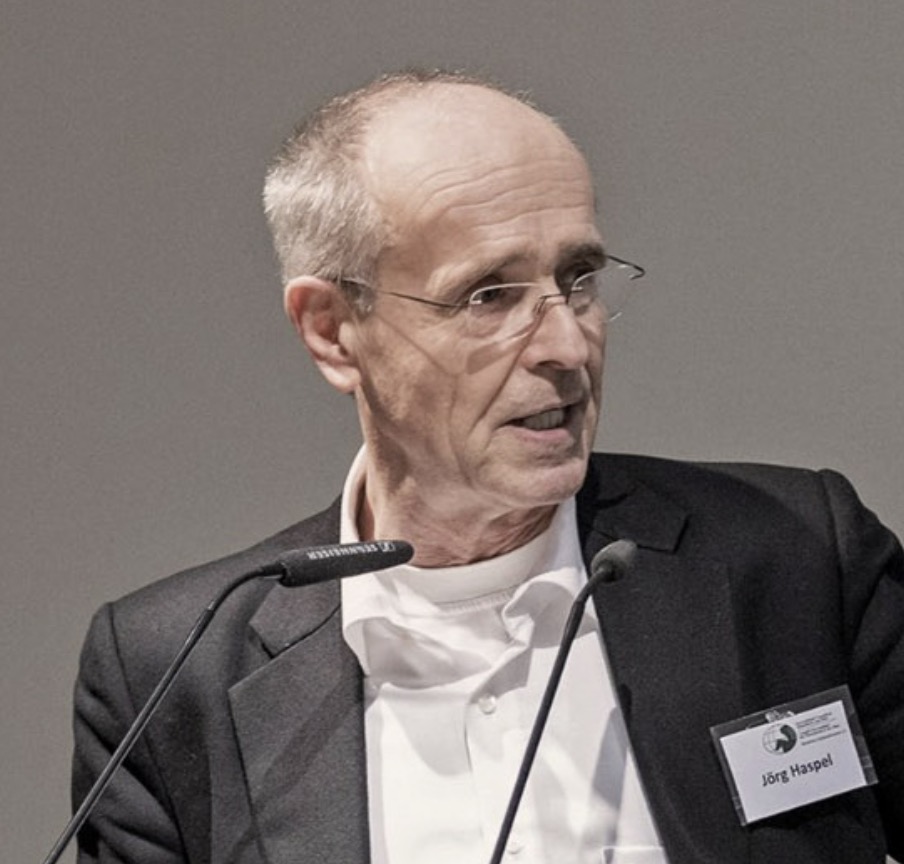
Haspel, Jörg: Prof. Dr., graduated in Architecture and Urban Planning in Stuttgart and in History of Art and Cultural Studies in Tübingen till 1981. He teaches as an honorary professor at the Technical University of Berlin. From 1992 till 2018, he was Berlin State Curator of Historic Monuments (Landeskonservator) and from 2012 to 2021 president of ICOMOS Germany. Since 2014 he is chairing the Board of Trustees of the German Foundation for Monument Protection (Deutsche Stiftung Denkmalschutz).
Jörg Haspel is a permanent member of the Expert Group on Urban Heritage Conservation of the Federal Government in Germany and a founding member of the International Scientié c ICOMOS Committee on the 20th Century Heritage Preservation (ISC 20C). His research and publication activities focus on the modern heritage of metropolitan culture. He is a member of the Action Group “Dissonant Heritage” of the Urban Agenda of EU.

Flierl, Thomas: Dr. phil., born in 1957, studied philosophy and aesthetics at Humboldt University in Berlin, receiving his doctorate there in 1985. After working in the cultural sector and in politics, he has been a freelance architectural historian and publicist since 2006. Member of the Academy of Arts since 2021.
Selected publications:
Standardstädte. Ernst May in der Sowjetunion (2012), Karl-Marx-Allee und Interbau 1957. Konfrontation, Konkurrenz und Koevolution der Moderne in Berlin (with Jörg Haspel, 2017, engl. 2019), Der Architekt, die Macht und die Baukunst. Hermann Henselmann 1949–1995 (2018), Hannes Meyer und das Bauhaus. Im Streit der Deutungen (with Philipp Oswalt, 2018), Margarete Schütte-Lihotzky | Wilhelm Schütte, Der Gefängnis-Briefwechsel 1941–1945 (2021), Architekturexport der DDR (with Andreas Butter, 2022), Ost West Ost. KMA und Interbau. Architektur und Städtebau der Nachkriegsmoderne (with Landesdenkmalamt Berlin), China. Crossroads of Modernism (with Eduard Kögel, Robert K. Huber (2025).
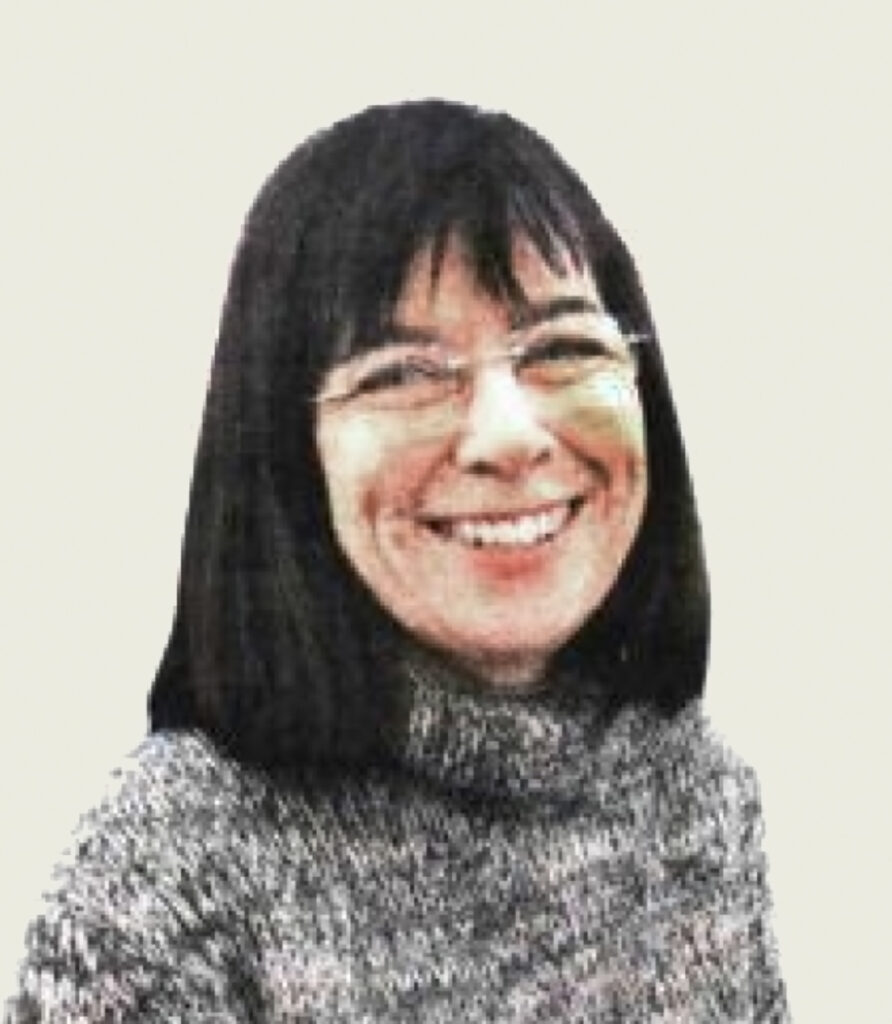
Galjer, Jasna: is an art historian and professor at the University of Zagreb and a CICA member. Before joining the university she worked at the Museum of Arts and Crafts in Zagreb as a curator of the architecture and design collections. Her research interests focus on twentieth- and early twenty-first-century history, theory, and criticism of architecture and design, medialisation of architecture and contested heritage of socijalist modernism. She has curated and co-curated several exhibitions, including Reflections of Bauhaus (Zagreb, 2019). Galjer is the editor of The Caring State and Architecture: Sites of Education and Culture in Socialist Countries (2021, with Sanja Lončar)
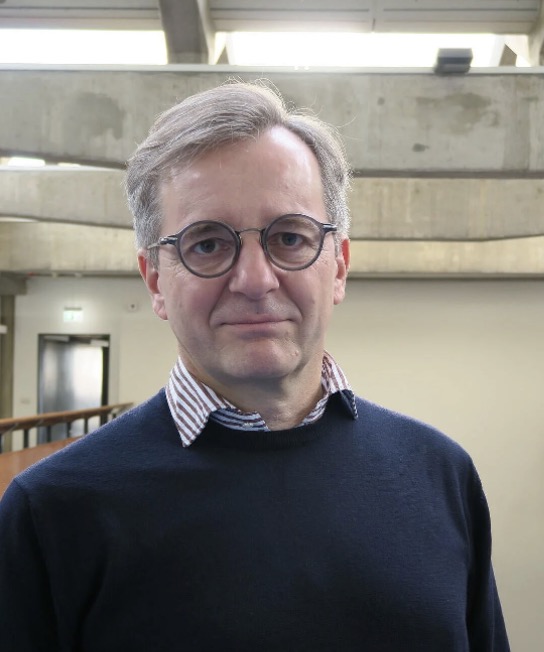
Gleiter, Joerg: Prof. Dr.-Ing., is Head of the Chair of Architectural Theory at the Technical University of Berlin. He studied architecture in Berlin, Venice, and New York. He has held visiting professorships in Japan, the USA, Italy, and Israel. He is the editor of the series ArchitekturDenken (Architectural Thinking) published by Transcript Verlag (Bielefeld). His research focuses on critical theory of sustainability, AI and the post-Anthropocene, ornament and utopia theory, semiotics, aesthetics, and architectural philosophy and theory.
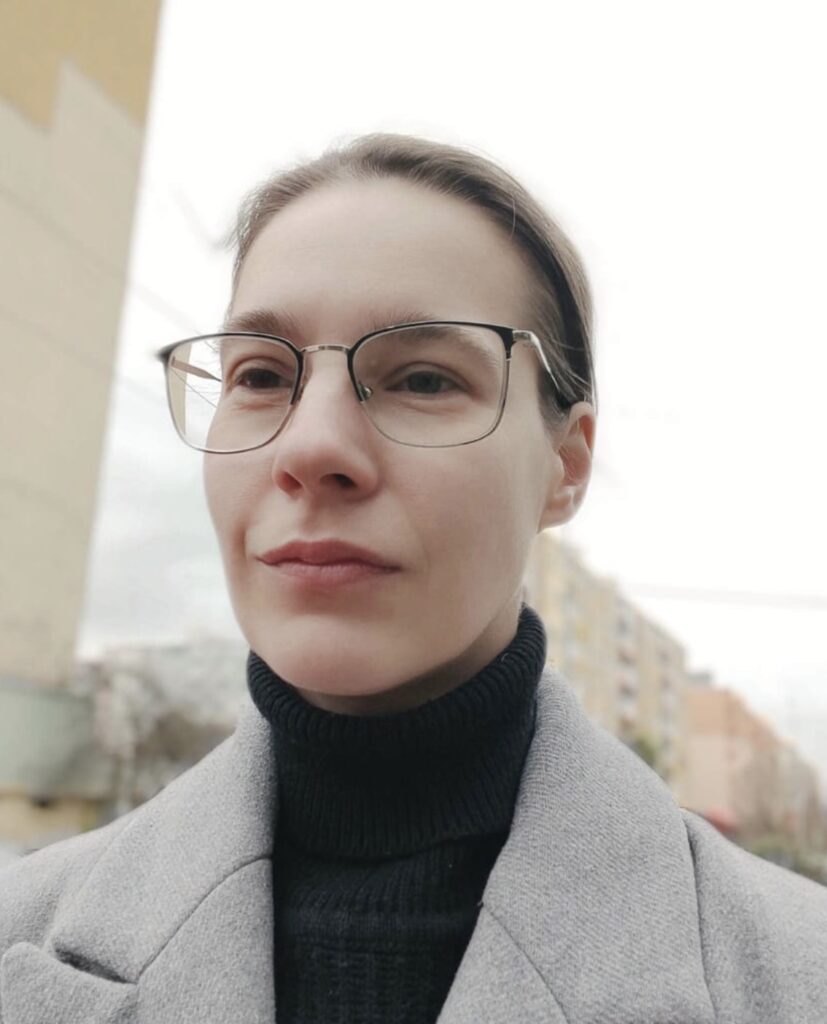
Kicová, Monika: (*1995) is a PhD candidate at the Department of Architecture, the Institute of History, Slovak Academy of Sciences. She studied art history at the Faculty of Arts, Masaryk University in Brno. Her research focuses on architecture that emerged during the state socialist period of the 1970s and 1980s in Czechoslovakia. The primary focus of her research is the relationship between architecture and politics, as well as shifts in the social perception of these works. As a member of the Initiative for Modern Architecture NGO, an activist collective engaged in preserving postwar modernist heritage, she investigates, documents, and raises awareness about architecture of the central and peripheral locations of the eastern part of Slovakia.

Knöbl, Wolfgang: Between 2002 and 2015 he was Professor for international-comparative sociology at the Georg-August-Universität Göttingen. Since 2015 he is the director of the Hamburg Institute for Social Research (Hamburger Institut für Sozialforschung). His work is situated in subdisciplinary fields such as social theory, the history of the social sciences, political sociology and historical-comparative macro-sociology with a special regional focus on the „Americas“. Among his publications related to the topic of the conference are Spielräume der Modernisierung. Das Ende der Eindeutigkeit (2001) and Die Kontingenz der Moderne. Wege in Europa, Asien und Amerika (2007). His most recent books: Thomas Hoebel/Wolfgang Knöbl: Gewalt erklären! Plädoyer für eine entdeckende Prozesssoziologie (2019); Wolfgang Knöbl, Die Soziologie vor der Geschichte. Zur Kritik der Sozialtheorie (2022); Wolfgang Knöbl: Gewaltgeschichte Deutschlands seit 1945 (in preparation).
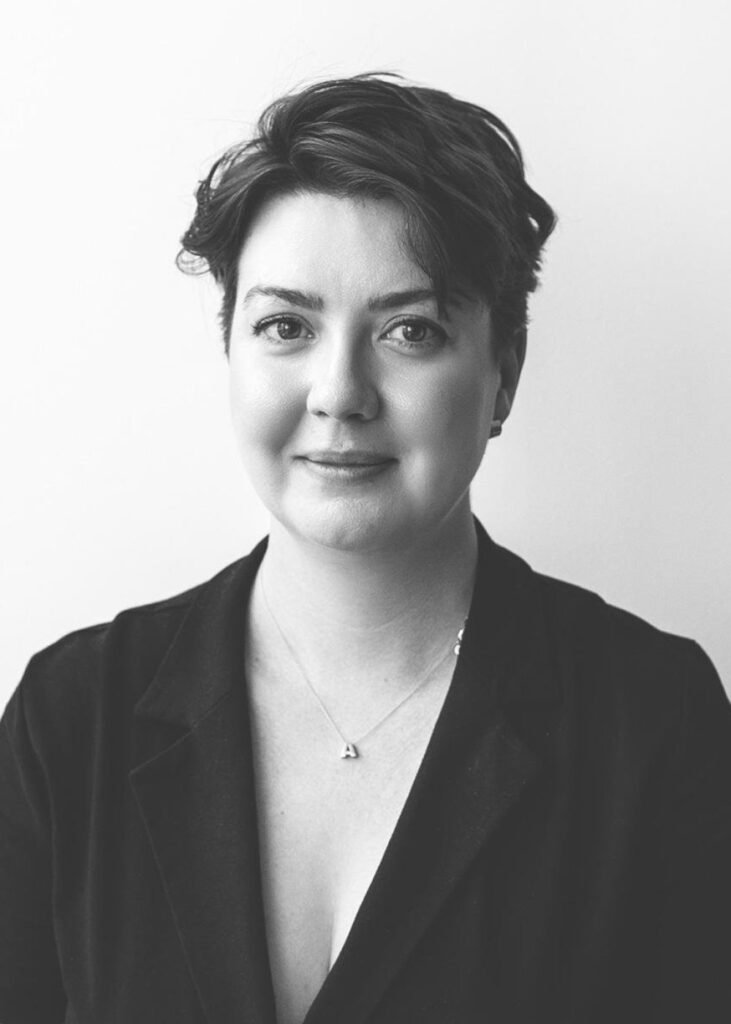
Londakova, Andrea: architect SAR/MSA, studied at the Slovak University of Technology in Bratislava, Bartlett School of Planning at the University College in London, United Kingdom, the KTH – Royal Institute of Technology in Stockholm and is currently working on her Ph.D. at Institute of History and Theory of Architecture and Monument Preservation at the Faculty of Architecture and Design within the Slovak University of Technology in Bratislava.
Besides, she acts as an activist, teacher and author. As an architect, she has worked at the renowned architecture studio LLP, Lindstrand Larsson Palme Arkitektkontor since 2018 as both junior and senior architect in projects spanning from newly built preschools and schools to renovations and adaptations of public buildings to community centres, libraries, or exhibitions spaces, as well as urban design projects. At LLP, she contributed to projects varied in scale from first sketches and models to detailed construction drawings. Her personal interest lies especially in urban design and she strives to bring the approach of “city at eye level” to every project.
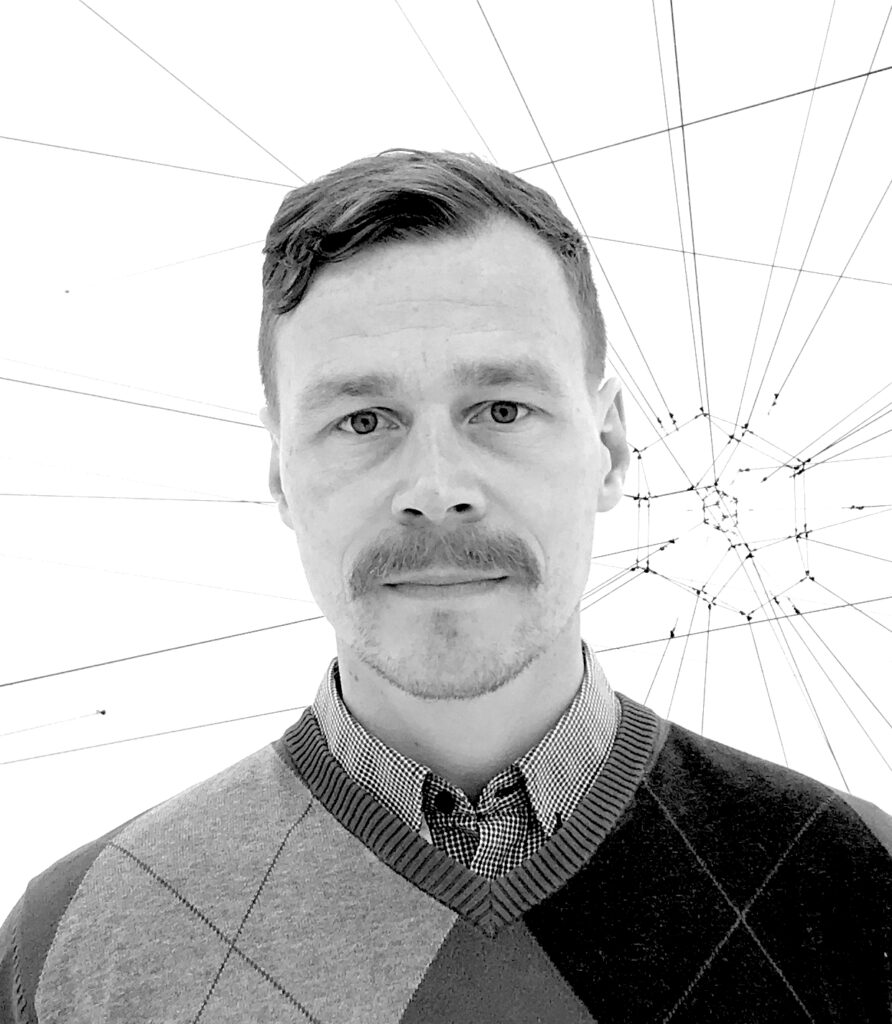
Mager, Tino: Assistant Professor of the History and Theory of Architecture and Urbanism at the University of Groningen, and President of ICOMOS Germany. Previously, he worked at the Faculty of Architecture and Built Environment at Delft University of Technology, was a fellow of the Leibniz Association and the University of Queensland. He studied media technology in Leipzig and art history and communication science in Berlin, Barcelona and Tokyo.

Moravčíková, Henrieta: Henrieta Moravčíková is a professor at the Faculty of Architecture and Design of the Slovak University of Technology and heads the Department of Architecture at the Historical Institute of the Slovak Academy of Sciences. Her research focuses on modern architecture and architectural heritage. She is the leader of the Slovak DOCOMOMO working party and sits on the DOCOMOMO International Advisory Board. She has published several monographs and hundreds of studies and reviews, curated exhibitions and collaborated on key documentary films about Slovak architecture. She has received several national and international awards.
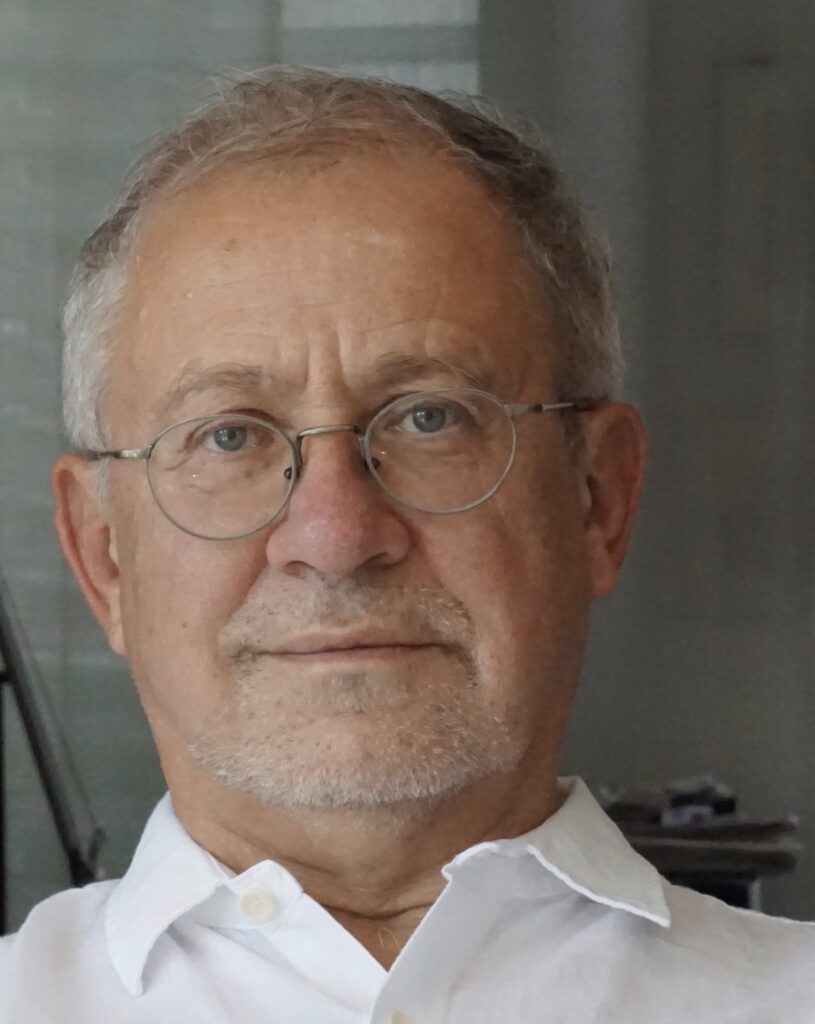
Moravánsky, Ákos: is Professor Emeritus of the Theory of Architecture, ETH Zurich, Switzerland, at the Institut gta (History and Theory of Architecture) where he has taught since 1996. Born 1950 in Hungary, he is a graduate of the Budapest Technical University. After practicing as an architect, he received his doctorate at the Vienna Technical University in 1981, the grade of a Candidate in Science from the Hungarian Academy of Sciences and was appointed in 1983 Editor-in-Chief of the leading architectural journal of Hungary, Magyar Épitőművészet. He was Guest Researcher at the Zentralinstitut für Kunstgeschichte in Munich, Germany (1986-1988) as an Alexander-von-Humboldt Fellow, Research Associate at the Getty Center for the History of Art and the Humanities in Santa Monica, California (1989-1991) and Visiting Associate Professor at the M.I.T. (1991-1996) in Cambridge, Massachusetts. He is Visiting Professor at the University of Navarra, Pamplona and has an honorary doctorate (Dr.h.c.) from the Budapest Technical University. His main fields of research are the history of Central European architecture and materiality of architecture. He is serving on numerous advisory and editorial boards of international scientific journals and research institutions.
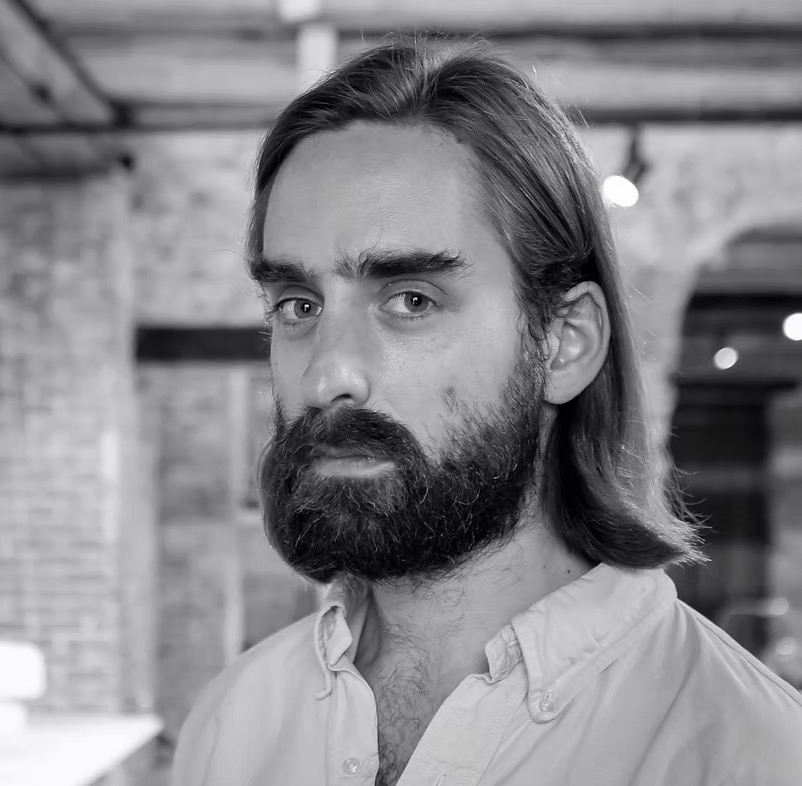
Murawski, Michał: anthropologist of architecture and of cities, based at the School of Slavonic and East European Studies, University College London, Associate Professor in Critical Area Studies. Recently engaged as co-curator of Ukraine’s national pavilion at the 19th International Architecture Exhibition–La Biennale Di Venezia.
Extracts copied from website: I received my PhD in Social Anthropology from Cambridge University in February 2014. My dissertation was about the Palace of Culture and Science, a vast Stalin-era skyscraper „gifted“ to Poland by the Soviet Union in 1955. My book on capitalist Warsaw’s self-perceived ‚obsession‘ with the Stalinist Palace, entitled Palace Complex, was published by Indiana University Press in March 2019. My Warsaw research has also resulted in several articles and book chapters, while my Polish-language book about the Palace was published by the Museum of Warsaw in July 2015. In 2024, I completed A Form of Friendship: The Museum on the Square, a book which critically interprets the spectacular new building of the Museum of Modern Art in Warsaw, opened in November 2024 in the shadow of the Palace of Culture. The book is published simultaneously in Polish and in English. […] I am in the process of completing work on a monograph, stemming from research conducted in Russia in 2016-2019 ), on the relationship between architecture, politics, ecology and violence in contemporary Russia.

Mária Novotná: is an architect, researcher, teacher, writer, and expert with a special focus on mountain architecture. She is based in Slovakia and studied at the Academy of Fine Arts and Design in Bratislava (2010-2016) and the Faculty of Architecture and Design at the Slovak University of Technology (2020-2025). She holds a Doctor of Philosophy – PhD Architecture). Her academic career included stays and studies abroad including CEPT University Ahmedabad, India and Bezalel Academy of Art and Design in Jerusalem. Besides, she was a visiting researcher at USI University della Svizzera Italian and the University of Colorado Denver.
[Source: Profile on LinkedIn]
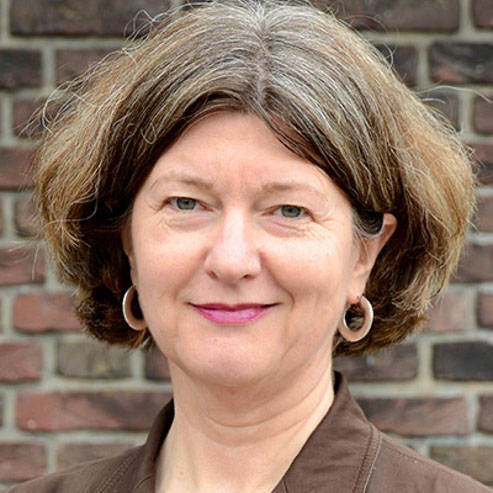
Pottgiesser, Uta: is a licenced architect (1993), and studied Architecture at TU Berlin. She finished her dissertation at TU Dresden, entitled: Multi-layered Glass Constructions. Energy and Construction. She is Chair of Heritage & Technology at TU Delft in the Netherlands and Professor of Building Construction and Materials at Detmold School of Architecture and Interior Architecture, Germany, She was Professor of Interior Architecture at Faculty of Design Sciences of the University of Antwerp in Belgium from 2017–2019. As a practicing architect and academic she is concerned with the protection, reuse and improvement of the built heritage and environment and an active and board member of DOCOMOMO Germany, and is chair of DOCOMOMO International since 2022.

Quist, Wido: PhD, is associate professor in Heritage & Technology and leading the section of Heritage & Architecture at the Faculty of Architecture and the Built Environment at TU Delft. He was trained as architect and building engineer at TU Delft and defended his PhD-thesis in 2011. His research and education concentrates on the architectural and technical aspects involved in the growing need for the conservation and transformation of buildings and sites, specifically those of cultural significance. Quist is Secretary General of DOCOMOMO_International and chairman of DOCOMOMO_Netherlands and was for a long time board-member of WTA NL-VL. Amongst others he is a member of the Career Development Committee of the Faculty of Architecture and the Built Environment, responsible for the Architectural Design part of the BSc curriculum, member of the Scientific Committee of the International Conference on Construction History and member of scientific committee of the International Docmomomo Student Workshop. [Source: Profile on LinkedIn]
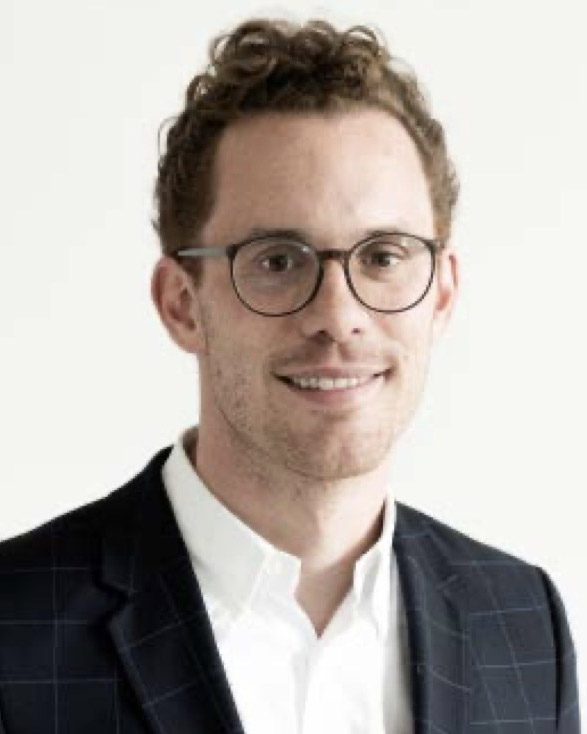
Rauhut, Christoph: Dr., has been State Conservator and Director of the Berlin State Office for the Preservation of Historical Monuments since 2018. Prior to this, he worked as a consultant in the executive committee of the German Cultural Council (DNK) for the Federal Government Commissioner for Culture and the Media (BKM) from 2016. Here, he was responsible for monitoring and coordinating the European Cultural Heritage Year 2018 (ECHY) and providing expert advice to politicians. Rauhut is a member of various international and national professional associations, including the board of the Society for Building History. He studied architecture at RWTH Aachen University and ETH Zurich (Switzerland) and received his doctorate from the Institute for Building History and Monument Preservation (IDB) in Zurich.
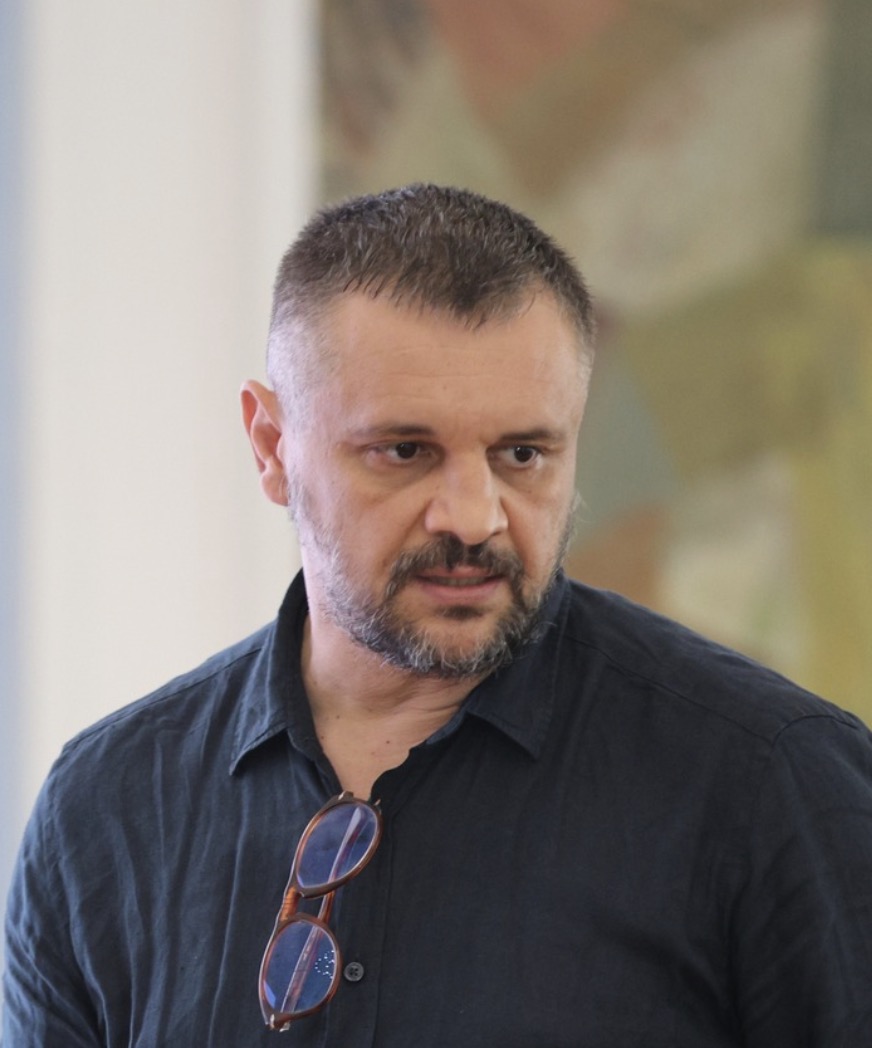
Rusu, Dumitru: Born in 1978 in Chisinau, Moldova, Dumitru Rusu is an architect based in Bucharest and co-founder of the Bureau for Art and Urban Research (B.A.C.U.). He studied at the Faculty of Architecture and Urbanism of the Polytechnic Institute in Chisinau, Republic of Moldova. In 1995, he relocated to Romania and graduated from ”Ion Mincu” Institute of Architecture in Bucharest in 2003. In 2014 he completed a post-graduate degree in the conservation of built heritage at the Faculty of History and Philosophy of the Babes-Bolyai University in Cluj. Since 2014, he has been President of B.A.C.U. Association, ICOMOS Romania Member, ICOMOS ISC20C Vice President , ICOMOS-ICOFORT Member. His efforts, directed through B.A.C.U. Association and projects like Socialist Modernism, Soc Heritage, Soc Monumental Art, Socialist Mosaics, Defense Architecture and others, focus on the listing and protection of buildings, ensembles, and other 20th century architecture objects both locally and internationally. Besides conservation initiatives, he also works in architecture design and planning.
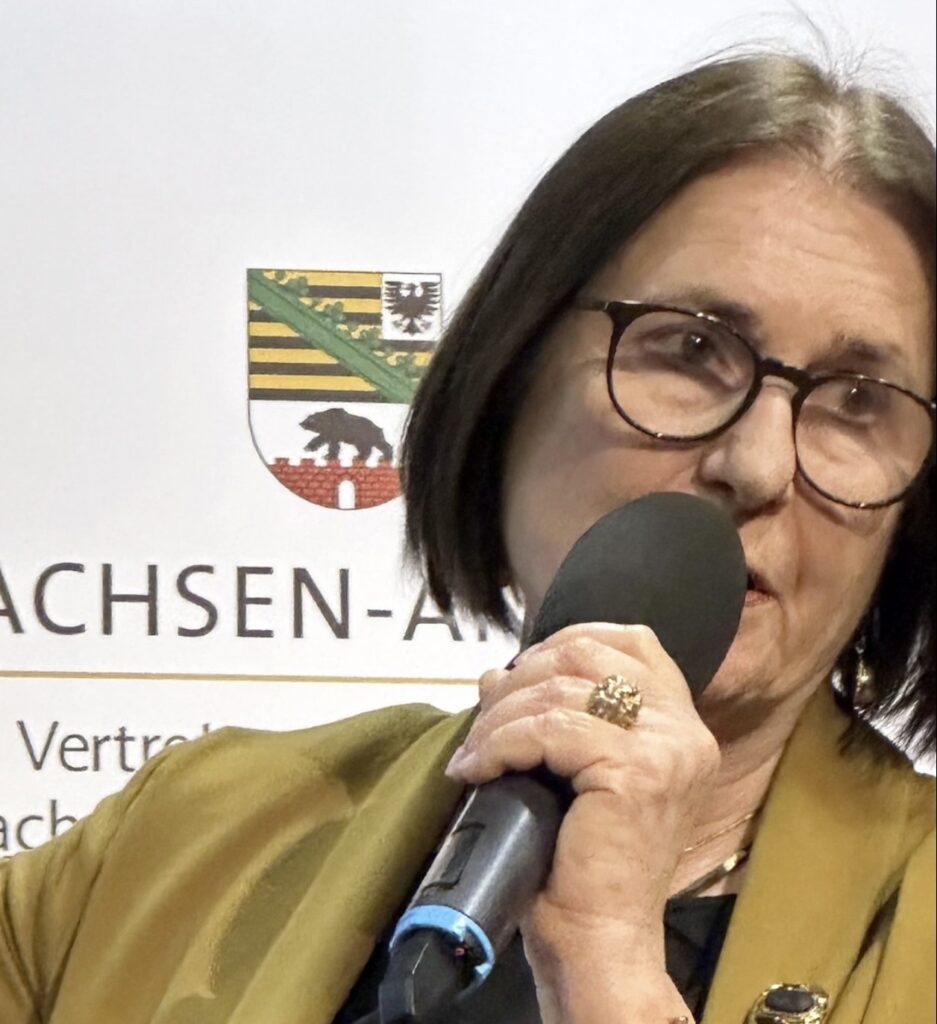
Scherbakowa, Irina: born 1949 in Moscow, is a Germanist, translator, and historian. She is a founding member of the human rights organization Memorial, which was awarded the Nobel Peace Prize in 2022. In the late 1970s, she began collecting interviews with victims of Stalinism and former Gulag prisoners. From 1999 to 2022, she directed the educational programs of the human rights organization Memorial in Moscow. After its forced liquidation, she emigrated to Germany in 2022. Today, she is Chair of the Board of Zukunft Memorial e.V. in Berlin. Publications (in German): Zerrissene Erinnerung (2010), Vaters Hände (2017), Erinnern ist Widerstand (2025). Awards: 2005 Order of Merit of the Federal Republic of Germany; 2022 Marion Dönhoff Prize; 2024 Honorary Doctorate University of Bern.
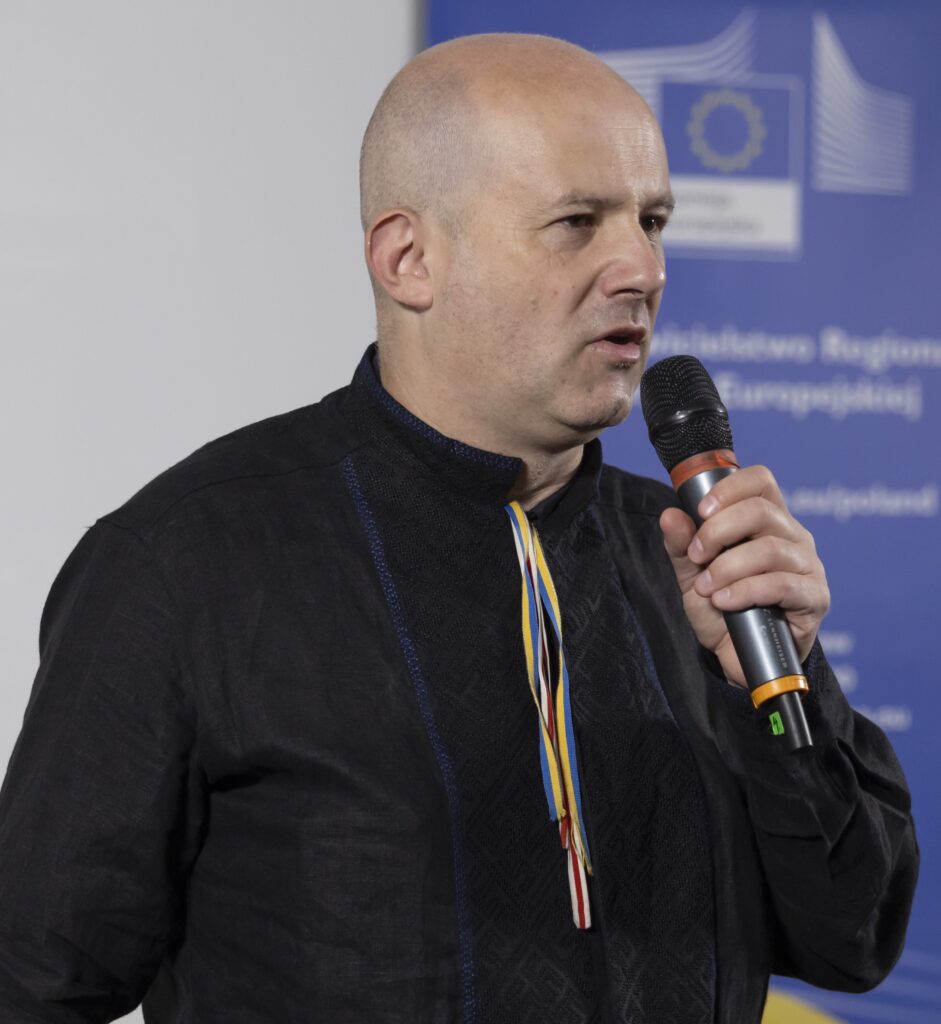
Trammer, Hubert: born 1975, Poland: Architect. 2021-2025 Member of the Roundtable of the New European Bauhaus. Nominator for the European Union Prize for Contemporary Architecture Mies van der Rohe Award (2015,2019, 2021,2023). Member of the juries and organizer of the architectural competitions. Member of the teams of Archigrest and Toposcape offices mentioned in the architectural competitions. He cooperated with, i.a.: Architektura-murator and A10-New European Architecture magazines, Municipalities of Lublin (PL), Mykolaiv (UA), Puławy (PL), Strasbourg (F), Warsaw (PL), and Wrocław (PL), Society of Polish Architects SARP, National Institute of Architecture and Urban Planning (PL), Foundation of Polish Architects FTA, Polish Society of Students of Architecture OSSA, Museum of Housing Estates in Lublin, Manggha Museum of Japanese Art and Technology in Kraków, Gallery of the Contemporary Art Wozownia in Toruń, Zachęta Art National Gallery of Art in Warsaw, Warsaw Rising Museum, Museum of the Contemporary Art in Warsaw, Museum of Warsaw, BWA Gallery in Wrocław, Polish Ministry of Culture and National Heritage, German Federal Ministry of Education and Research, Volunteer Architects Network, Shigeru Ban Architects, European Commission, Europan Europe, Europan Deutschland, Ro3kvit Urban Coalition for Ukraine, Lithuanian Society of Architects, Architectuur Lokaal foundation (NL), Misto Reboot (UA), Faculty of Civil Engineering and Architecture of Lublin University of Technology, Faculties of Architecture of Białystok and Warsaw Universities of Technology and ETH Zürich.
Moderators
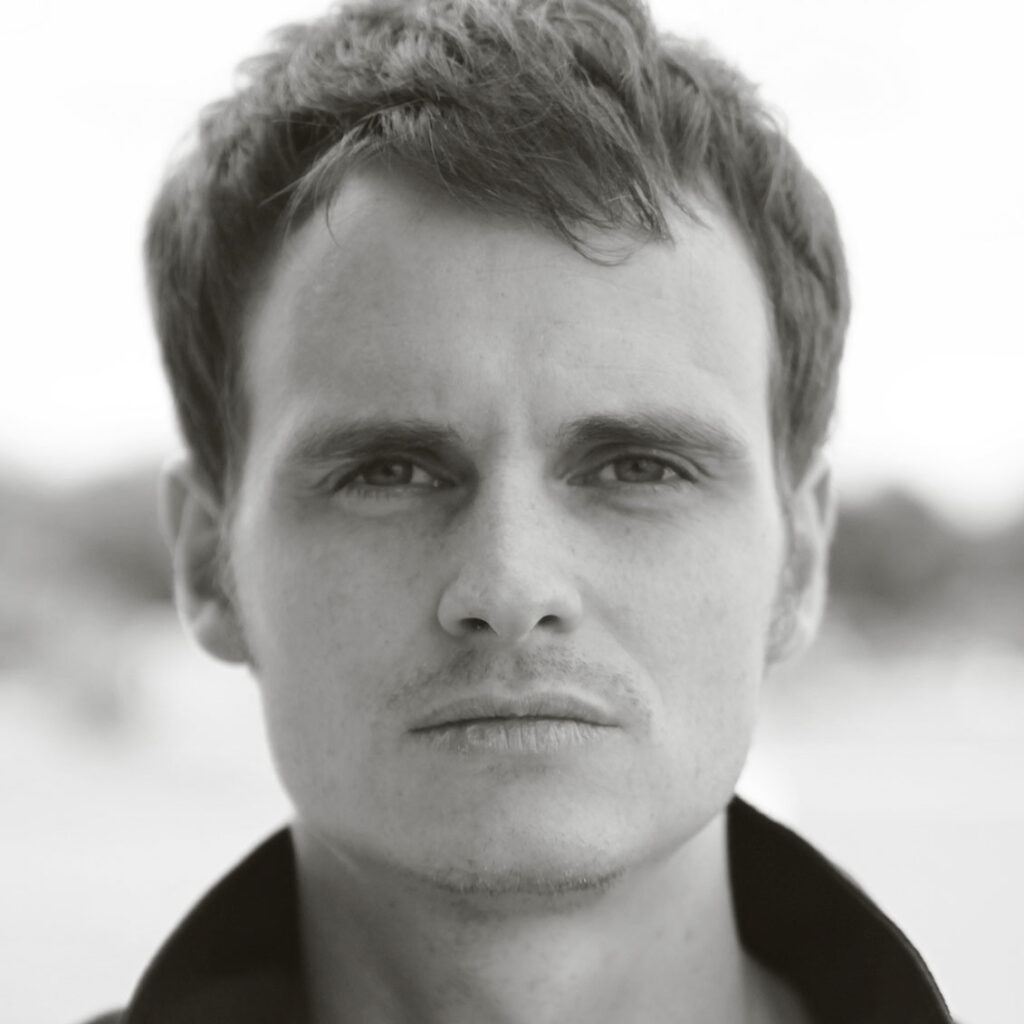
Huber, Robert K.: Dipl-Ing Arch, MArch, MSc UD, CEO of zukunftsgeraeusche GbR, curating and researching architect, cultural manager, director of BHROX bauhaus reuse and curator for Triennial of Modernism in Berlin – and initiative force behind the European Triennial of Modernism (ETOM), the ETOM NEB Lab and the ETOM2025pilot-Conference. Studies in Munich, Berlin, Shanghai. Transdisciplinary expertise on sustainable urban/societal development, experimental architecture, circular societies and Baukultur. Long-term cooperation with TU Berlin, teaching at UdK et al. Member of DWB, Journalist Association, board of Competence Center for Large Housing Estates.
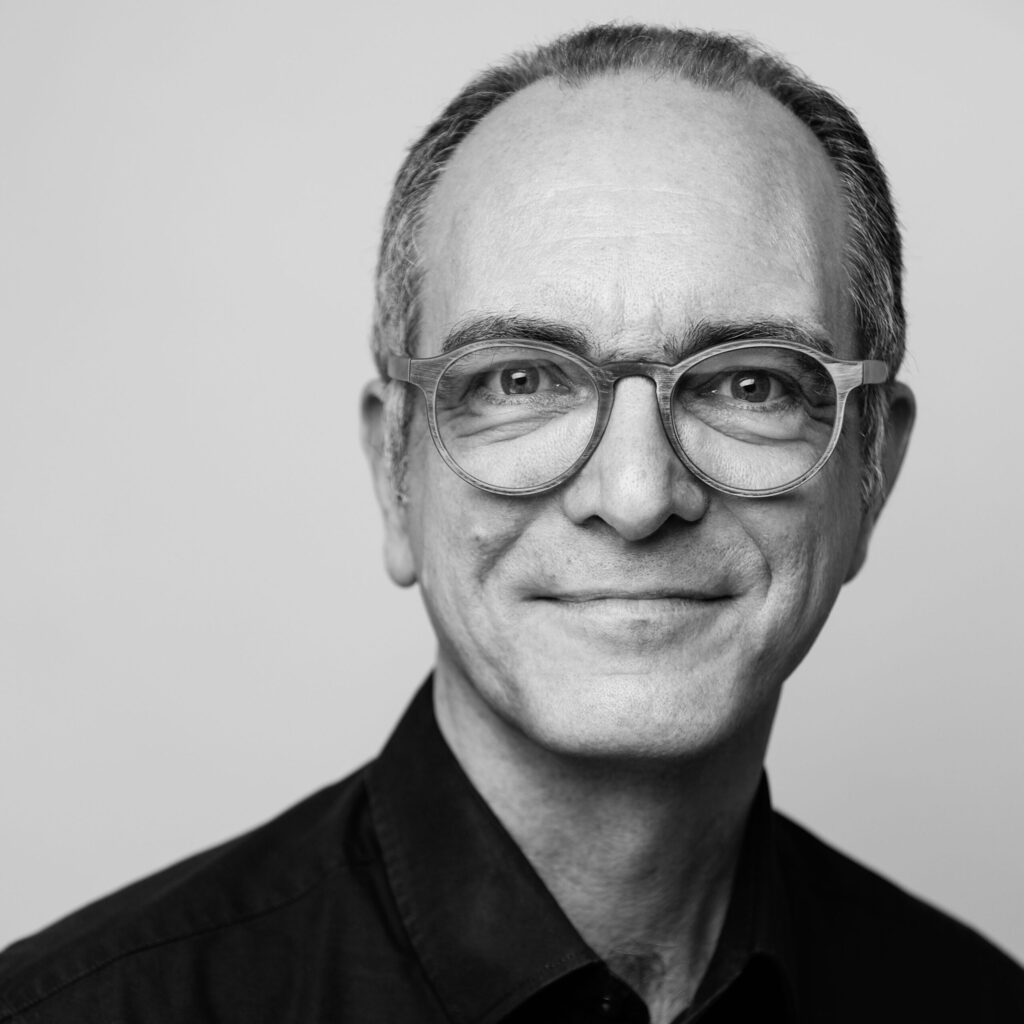
Buschfeld, Ben: born 1970, is a multidisciplinary, awarded creative, project author, and publisher with a civil activist background. 1995/96, after finishing his studies in Communication Design, he was development lead and art director of the BauNetz.de, a pioneering B2B portal about architecture. After acting as a visiting professor in Mexico in 1997, he founded buschfeld.com – graphic and interface design. 2013 he co-founded the festival Triennale der Moderne, provided the design, and helped to establish the festival 2013-2019. Since 2019, he (together with Robert K. Huber) has acted as the curator of the Berlin festival program. In 2021 he co-founded the KulturerbeNetz.Berlin, a meta-network of civil preservation activists running a Red List of Endangered Buildings in Berlin (2023). Buschfeld is also a member of various other networks – including the German Werkbund Berlin, Docomomo Germany, Bundesstiftung Baukultur, IconicHouses.org and Anti-Abriss-Allianz.de. With his wife, garden-architect Katrin Lesser, he runs tautes-heim.de, a rentable museum about 1920s architecture dedicated to the work of Bruno Taut, awarded, i. e. with the „European Union Prize for Monument Preservation / Europa Nostra Award“. Buschfeld has realized several heritage preservation and communication projects – including a large-scale monument preservation database for his neighborhood, the UNESCO-listed Hufeisensiedlung (2009/2010) or an educational website about the UNESCO-World Heritage of the six “Berlin Modernist Housing Estates” (2021). As a member of the ETOM NEB Lab Coordination Board and head of communication for this conference, he is open to cooperating and networking. [see LinkedIn].
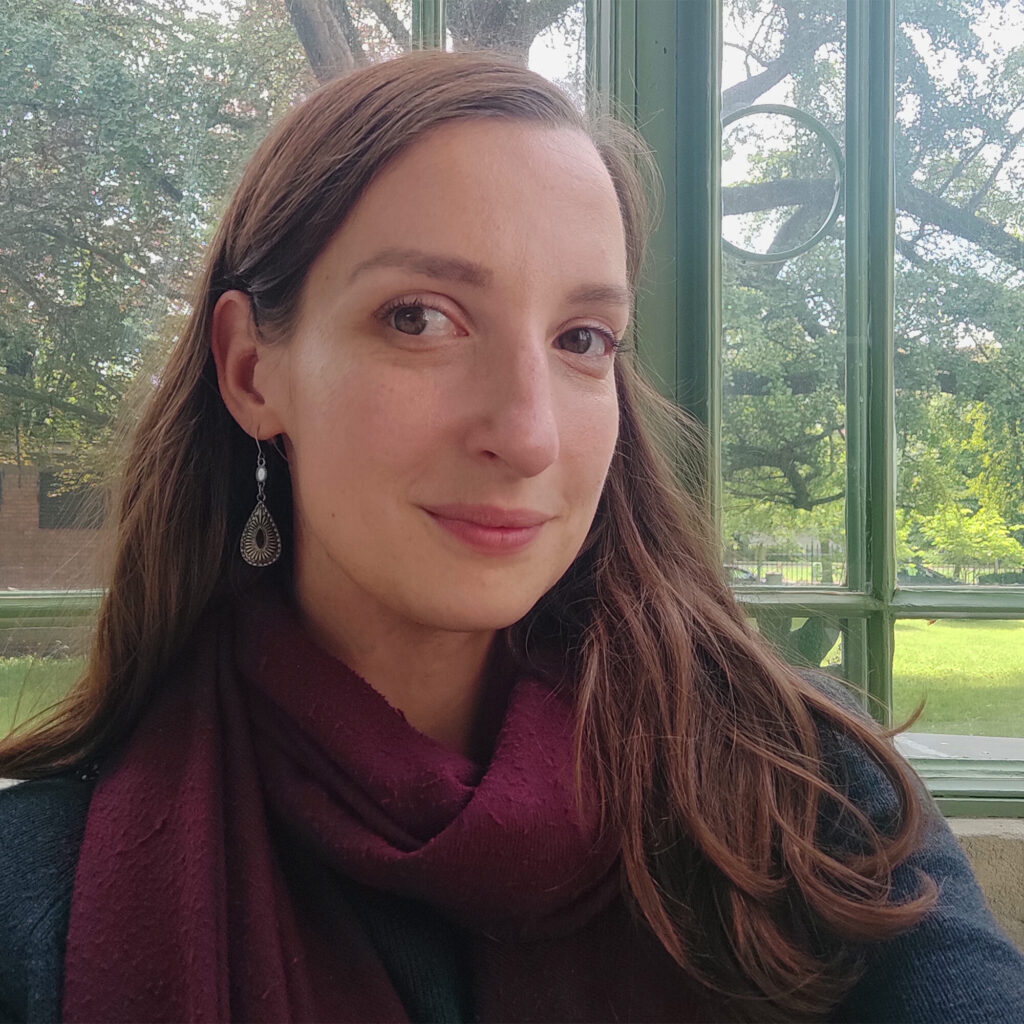
Szij, Barbara: is a project leader of the Hungarian Contemporary Architecture Centre (KÉK), Barbara graduated in art history from ELTE. Since 2016 she has been working part-time for the open house festival Budapest100, organized by KÉK, first as a research coordinator and recently as a project leader. From 2018, she worked in the communications team and as an exhibition project assistant at the Budapest History Museum, before joining the KÉK team full-time in 2022. In 2022–2023 she was a coordinator of KÉK’s TÁJTÉKA project, whose aim was to develop a smart landscape management toolkit in the Balaton Uplands region with community involvement in the framework of the Veszprém-Balaton 2023 ECoC program. Recently, she took on the tasks of establishing a database of late modern heritage in Budapest called ‘ModernTéka’. Her main interest is the relationship between social change and architecture in the 19th and 20th centuries.

Winter, Peter: Architect, M. Sc. and M. Arch. in Urban Design. He studied at the Technical University of Berlin. Together with Robert Huber he runs the zukunftsgerausche GbR. He is the Technical Head of the BHROX bauhaus reuse on Ernst-Reuter-Platz and also supervised the organisation and technical support for this conference.
Partcipants
(in alphabetical order)
- Alatalu, Riin
- Buschfeld, Ben (Moderation)
- Bollerey, Franziska
- Burgerova, Lenka
- Crowely, David
- Deskova, Ana Ivanovska
- Didenko, Kateryna
- Galjer, Jasna
- Gleiter, Joerg
- Haspel, Jörg
- Huber, Robert K. (Moderation)
- Flierl, Thomas
- Kicová, Monika
- Knöbl, Wolfgang
- Londakova, Andrea
- Mager, Tino
- Moravánsky, Ákos
- Moravčíková, Henrieta
- Murawski, Michał
- Mysak, Nataliia
- Novotná, Mária
- Pottgiesser, Uta
- Quist, Wido
- Rauhut, Christoph
- Rusu, Dumitru
- Scherbakowa, Irina
- Szij, Barbara (Moderation)
- Trammer, Hubert
- Winter, Peter (Technical Head)
Impressions
from the conference
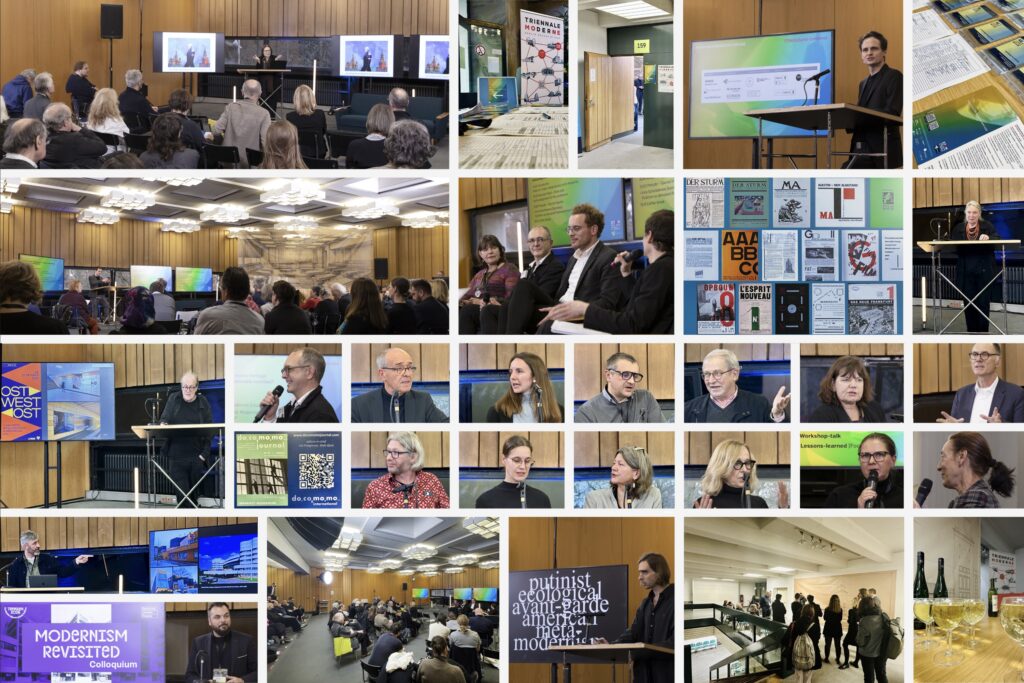
Lern more …
about the ETOM NEB Lab
